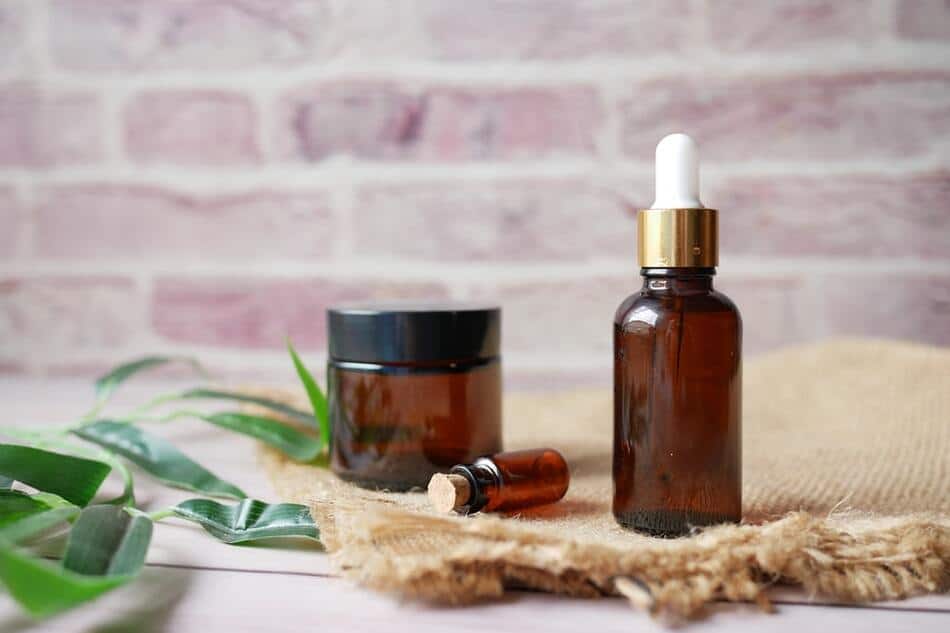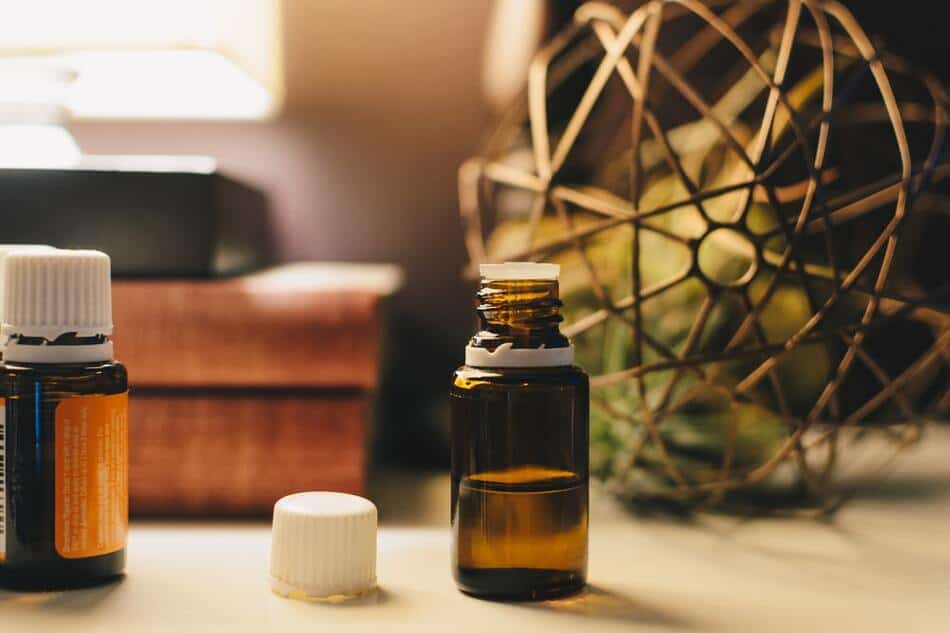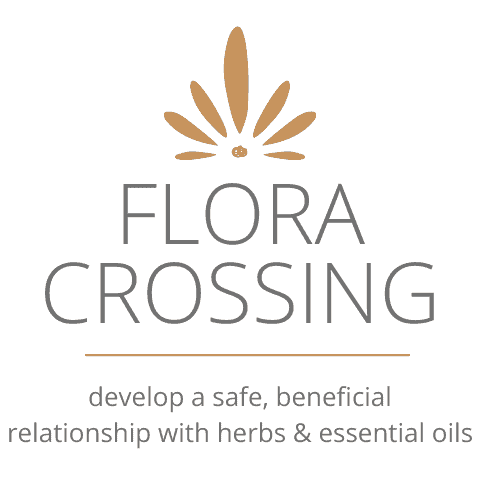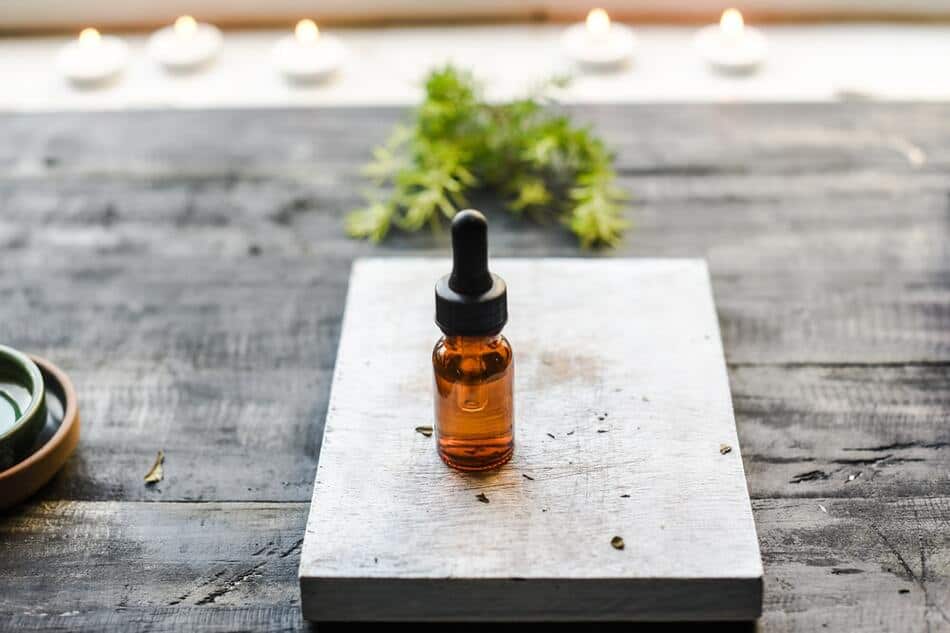Tea tree oil has a plethora of health benefits. I am sure that, on any given day in the previous years (when I began to understand the advantages of essential oils and their applications through aromatherapy), I haven’t missed out on having at least one product with tea tree oil in my home. Perhaps, 95 percent of the tea tree oil goods in my house are homemade recipes that I have experimented with to achieve the intended effects. The shelf life of pure essential oils is indefinite; carrier oil-based oil deteriorates with time. The aroma and usefulness of any essential oil os sensitive to heat and air exposure. So, how long does tea tree oil last?
In essence, tea tree oil lasts 1-2 years under certain conditions. You need to store it in a cool and dry place. If critical conditions are checked off, its shelf life can be prolonged by up to 3 years.
How Long Does Tea Tree Oil Last?
I think it would be better to put this question in another way. Like, what is the shelf life of tea tree oil.
Tea tree oil will last for a year or two if kept in a cool, dark location. It may be kept for up to three years if properly cared for and stored.
Oxidation (exposure to air) will cause your oil’s fresh fragrance to dissipate as it ages. With time and usage, the oil’s scent will become more pungent. The healing properties of the oil will wear off with time.

Because I use my oils within six months of purchase, I have never had to worry about them spoiling. There are a few things you can do to extend the life of your tea tree oil.
Now, I will tell you about prolonging the shelf life of the tea tree oil.
How To Prolong The Shelf Life Of Tea Tree Oil?
The two arch-enemies of any essential oil are heat and air. Minimizing contact with these will ensure that your oil keeps smelling good and has oil healing properties.
If you live in a region that does not experience extreme heat, there is nothing wrong with keeping your oil at room temperature. However, refrigerating your tea tree oil will extend its shelf life by preventing it from oxidizing.
Place your essential oil in the back of a drawer in the fridge; leaving it on a shelf or the counter will expose it to light and temperature fluctuations.
Some of the most reputable manufacturers know that direct light is not good for your oil. They produce oils and put them in amber or blue bottles.
I know that a cheap price is a bargain, but because it is of poor quality or outdated stock that no clever purchasers would pay for, a bargain might be considered worthless. That’s the way it goes! Not at full cost or at the reduced price.
If you want to store oil in clear bottles, make sure you purchase blue or amber bottles and fill them immediately after arriving home. Always keep essential oils in blue or amber bottles if you make your own blends.
Use an excellent dripper with the bottle. For any length of time, you must keep the oil safe from oxygen. A dripper will ensure that only the oil you want to use at that time comes into touch with oxygen.
When you buy in large amounts, transfer the oil into small bottles as soon as you open the big bottle. That way, with each usage, less of the oil is exposed to oxygen.
Make sure the lid is firmly in place and that it is enclosed properly at all times.
Leave the oil in a tiny bottle if it’s blue or amber. If you want to blend oil, make it into whatever form and store it in a cool, dark place.
How Can You Tell When Tea Tree Oil Has Gone Bad?
As tea tree oil becomes rancid, as you might anticipate, its fragrance begins to change. Instead of having a lovely scent like that of a tea tree, it has an unpleasant odor that is sharp or medicinal in nature.
Another thing to be aware of is the smell. The consistency of the oil might also alter, especially around the top and on the oil’s surface. It gets thicker and stickier as it oxidizes, making it more difficult to apply.
If your oil has an unusual fragrance, is thicker than usual, or sticks to the bottle’s cap or neck, it’s time to toss it. Simply get another bottle and discard the old stuff.
Storing Your Tea Tree Oil
High temperatures are one of the main causes of tea tree oil deterioration. As a result, keeping it in a cold and dark location is your best bet for preserving it for as long as possible.
You’ll also want to keep it away from air as much as possible. The oxygen in the air is what breaks down the substance. So, the less the air exposure, the less likely oil is to oxidize (yep, you guessed it). So make careful that each time you use it, you close and seal the bottle correctly. Always double-check that there isn’t any dust settling on top of or around the lid.

Never Store Your Oil:
- Near any heat source such as ovens and stoves.
- In easy access to your pets and kids.
- In your bathroom.
- Closer to a window
Storing your tea tree oil in your bathroom is a bad idea. Because, If you’re using a tankless water heater, the possibility of coolant drain loss is somewhat higher. When hot water is suddenly shut off with an overload breaker (or because your power goes out), the temperature within the room can rapidly increase, and the air in your home will become humid.
Disposing Of Expired Or Bad Oil
Tea tree oil is safe to flush down the toilet. It won’t cause any damage if it’s just a few droplets. Although, for a little while, pouring it down the drain may produce an odd odor in your drains.
Stronger concentrations of essential oils can be put into a bowl of baking soda and left in a safe, ventilated location to evaporate.
Final Thoughts
You now know how long tea tree oil will last and how to make the most of it on shelves. You can even prolong its shelf life from 1-2 years up to 3 years under certain conditions. Tell me your favorite brand, as well as where and how you store it, in the comments below. I’d love to hear from you.
I’m happy to share this article with you.
It is always good to read more!
Learn how to Dilute the Tea Tree Oil.
Making Rosehip Oil and Cinnamon Oil.
How to Grow Feverfew?
How to Make Feverfew Tea?

